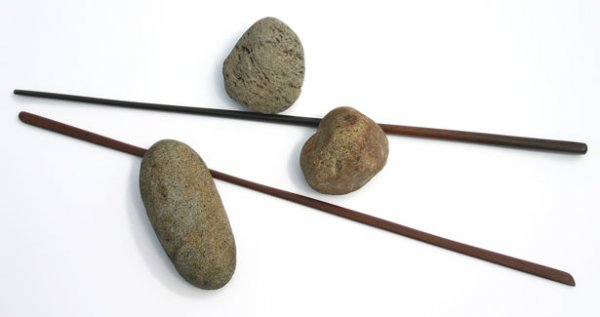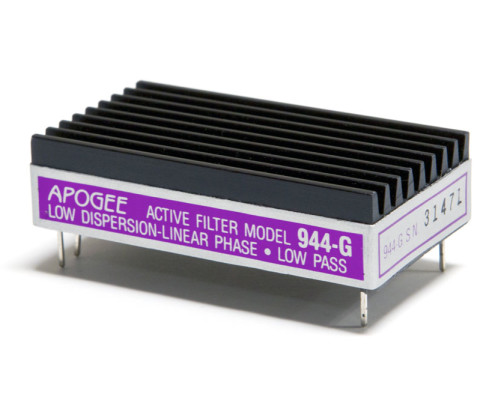Bruno is also exceptional at digital designs, not just for his UcD amp design.
Well I quoted Grimm Audio (has some very well respected engineers and not just Bruno Putzeys) regarding that answers your second question, but not sure who else you would want to answer that in the industry *shrug*.
I do say there is an issue with filter implementations because people have a preference between minimum or linear phase usually more so than steep brickwall (this is especially true when talking about CD), but you also keep missing the other important aspect of MQA and that is the music industry is not consistent in how it applies upsampling/downsampling and files for distribution (this would also apply to CD and not just hirez or streaming), it is interesting where those are messed up the reviewers sound quality rating drops and correlates to Hi-fi News measurements of the hirez (which the reviewer does not know).
But as Amir says, this solution is not something to lose sleep over or get over excited about from a sceptical or supportive POV; the concept is something that is interesting and exciting because who knows maybe the music industry as a whole (not just the very small knowledgeable niche segments) will eventually get its act together (same way they moving mostly to using dither/dynamic range-head and footroom/etc correctly)
Cheers
Orb
Thanks, Orb.
I'm curious. Have you ever auditioned or heard any of Bruno's designs?
I appreciate your other points though I may not agree (right off) with some of them. Sure, there's always opportunity for industries to mature, clean up their act, improve performance, etc.
But for there to be opportunity to improve performance, there must exist opportunity to degrade performance.
However, in the case of MQA, there is a dramatic push to get it out and it's not just Stuart doing the pushing. Stuart makes it crystal clear he did this (MQA) for performance reasons. Sure there may well be some ancillary benefits e.g. reduced format inventories, increased download speeds, less storage requirements, etc.
But what if, .... , what if Stuart's performance claims are full of soap bubbles? If all the consumers outside of high-end audio buy into the soap bubble performance claims and realize some of these ancillary benefits, do you think they really care about the performance in the end? If MQA gets out there and everybody but the small cottage high-end audio industry believes MQA is superior, but the small cottage high-end sector knew for a fact that MQA degraded performance (worst case), guess what?
Do you think for one second any of the money makers will care what the few in the high-end audio sector care about performance?
Remember, in the end it doesn't matter how much somebody loves analog or digital or how much somebody claims to love music, or whether some tiny industry is upset about poor performance. In the end it's all about power and making money or keeping a gravy train going so certain mfg'ers, distributors, dealers, publishers, and reviewers don't have to downgrade their lifestyles. And I'd guess that since high-end audio has been dying a slow death for 15 years or more, the powers that be are ready to latch onto anything to keep the boat afloat.
Shoot, I wouldn't put it past the powers that be if they actually were to conspire to create a false flag operation that induces a false excitement and some new blood into a dying corpse. Governments do it routinely. Wars are even created to save economies. Industries do too and its done under the guise of creative marketing.
With all the potential oddities of MQA and what appear to be very controlled demonstrations, why shouldn't I use my imagination a bit and think it's entirely possible industry leaders approached Bob to tell him about his lifelong passion to fix a problem?
Remember the new-age marketing guru Tony Robbins? Apparently, marketing types took an absolute nobody and made him into some self-improvement guru and that was 30 years ago. And to this day, he still has his followers.
I find this potential to be far more palatable than the performance claims being made about MQA.
After all, this is the 21st century and people are more clever than ever while also being at their lowest levels of morals and ethics. Already some say we live in an age of lawlessness.









